Business valuation and division
Most divorce clients are of modest means, meaning division of their property is a pretty straight-forward exercise. Many parties simply agree to take what they already have in their possession, while others will take the time to make a list of all of their property, estimate its present (market) value, and divide it such that each takes about half of the total value. If there’s a difference, sometimes the party taking more will make an equalization payment to make it economically equal. Other times, they might call it “close enough” and be done. But what happens when somebody owns a business?
Businesses are like any other asset in some ways, and very different in others. They are bundles of assets that together have value that is counted toward a party’s property. They can be separate property (acquired during the marriage or through gift or inheritance), or community property (acquired during the marriage) and subject to equal division. They generate income for the owner, which income is community property absent a prenuptial agreement stating otherwise. But they are also comprised of intangible assets that are hard to value, such as the “good will” that builds over time, or the value of the party’s knowledge, such as that of a doctor. Moreover, they are always some combination of all of these things that make simple valuation impossible.
Occasionally, parties simply agree on a number; zero if the business is not active or insolvent, or some other number that simply looks about right. More often, however, they have to be valued by an expert.
Business valuation requires an expert in forensic accounting and business appraisal. These professionals act as expert witnesses in establishing the value to be used in the property distribution exercise. They approach the business valuation much as an appraiser of real estate, looking at things like historical income expectations, capitalization (equity), and the market value of the hard assets. But they also go beyond what a business broker might need in selling the business. The evaluator will typically dig into the expenses to determine what, if anything, should be added back into the income stream—things that were purchased in the name of the business that were really personal to the owner. By doing so, not only can the court learn what the business is worth, but also what the owning party to the divorce should be reflecting on their financial disclosure form.
But what of the intangibles? These are where most of the litigation over the valuation occurs. It’s hard to pay bills with the intangibles. If a business has existed for some time, it might not only have substantial physical assets, but its good will in the marketplace adds value. This value is not, however, something the owning spouse can simply cash in and pay out. Yet if it’s in the valuation, its value is booked in the retaining party’s column and they then have to allow the other party more of the physical property or pay hard cash to equalize the outcome. And how do you value a professional’s business where it’s essentially just them? Well, the experts can, and do, estimate those values, and it’s going to be accounted for in the analysis. Fair or not, it’s how it works.
The key to success, then, is finding a valuation expert that is not going to bend to the desires of the parties in the lawsuit. It may seem counterintuitive, but the best valuator is not the one who is willing to exaggerate or minimize to satisfy one client, since the other side will find someone to do the opposite, and the court is left in the position of guessing which one is more credible and going with them. Rarely do judges average them. So it’s a really in everyone’s interest to find a valuation expert who will be as accurate as anyone can be in their analysis. That way both sides know what they are likely to be getting into, which makes settlement much more likely.
The attorneys at the Nevada Family Law Group work with the best valuation experts. We look at their work on a regular basis and only work with those we are confident are going to give consistent results. Your case depends upon it. Call them at (702) 910-4300 for more information.

